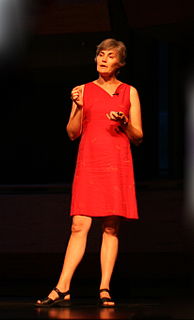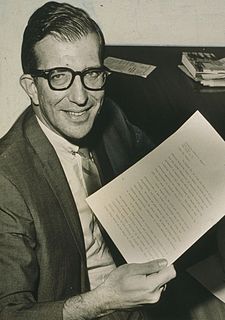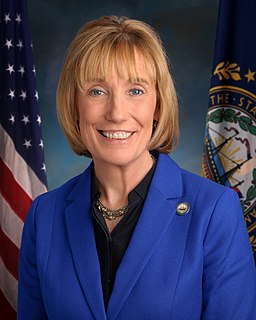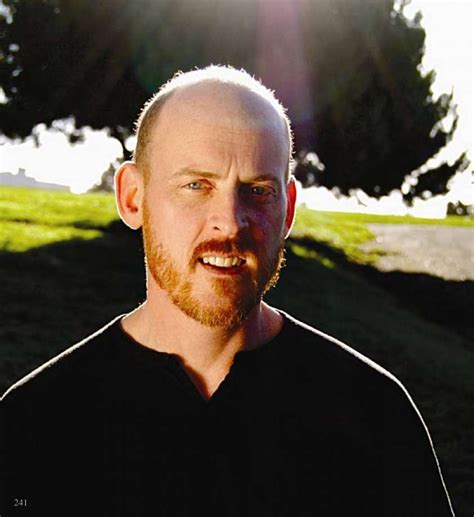A Quote by Robin Chase
There is a book yearning to come out of me: about how we can build the new collaboration economy, and the role of 'openness' in our quest for efficient use of resources and as a driver of innovation.
Related Quotes
It's time to admit that public education operates like a planned economy, a bureaucratic system in which everybody's role is spelled out in advance and there are few incentives for innovation and productivity. It's no surprise that our school system doesn't improve: It more resembles the communist economy than our own market economy.
Collaboration is important not just because it's a better way to learn. The spirit of collaboration is penetrating every institution and all of our lives. So learning to collaborate is part of equipping yourself for effectiveness, problem solving, innovation and life-long learning in an ever-changing networked economy.
As governor, I will always be willing to work with people who have ideas to offer and are ready to roll up their sleeves. That kind of teamwork will build a New Hampshire that will lead the nation and compete with the world. Together, we will help our businesses grow and build a stronger economy on a vision of innovation and growth.
If I get stuck, I look at a book that tells me how someone else did it. I turn the pages, and then I say, 'Oh, I forgot that bit,' then close the book and carry on. Finally, after you've figured out how to do it, you read how they did it and find out how dumb your solution is and how much more clever and efficient theirs is!
Why do we send valuable items like aluminium and food waste to landfill when we can turn them into new cans and renewable energy? Why use more resources than we need to in manufacturing? We must now work together to build a zero waste nation - where we reduce the resources we use, reuse and recycle all that we can and only landfill things that have absolutely no other use
The chief moral obligation of the 21st Century is to build a green economy that is strong enough to lift people out of poverty. Those communities that were locked out of the last century's pollution-based economy must be locked into the new, clean and renewable economy. Our youth need green-collar jobs, not jails.



































